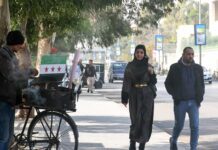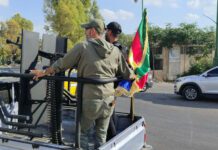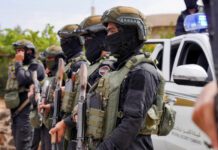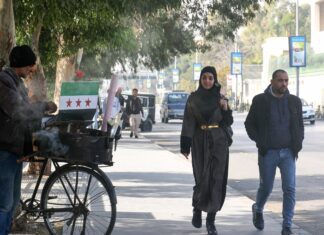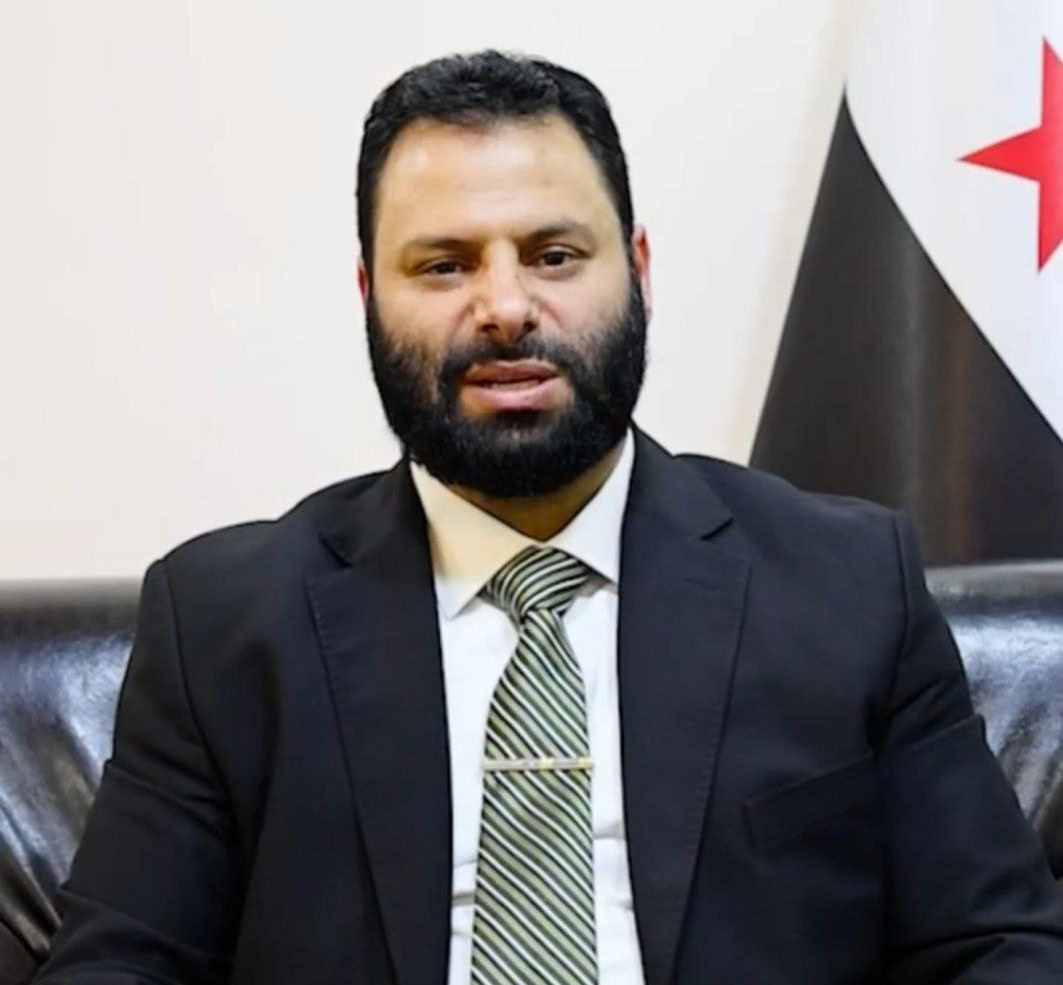
Governor of Suwayda Dr. Mustafa al-Bakour underscored the importance of civil peace during August 15 remarks, calling it a “national and moral necessity” and a cornerstone for reform and development. He urged community leaders and residents to strengthen reconciliation efforts and resist attempts to divide the province along sectarian or political lines.
Bakour praised the role of local notables in facilitating dialogue, noting their efforts reflect “the authenticity of the values on which the people of the province were raised.” He appealed for unity between Druze communities and tribal groups to safeguard Syria’s social fabric.
Community initiatives have echoed the call. Muti al-Bateen, head of a civil committee, said, “What is required today is to rebuild confidence and stop the campaigns of incitement,” stressing that Suwayda’s crisis must be resolved internally, free of external interference.
Government Actions on Accountability and Rights
Recent events in Suwayda, including the circulation of video footage showing abuses at the National Hospital, sparked widespread concern. The Ministry of Interior condemned the killings and pledged swift accountability. Major General Abdulqader al-Tahan was appointed to supervise the investigation.
Human rights groups, including the Syrian Network for Human Rights (SNHR), called for a transparent inquiry into the incident. Its director, Fadel Abdulghani, described the killing of medical personnel as “reprehensible and unjustifiable,” urging the government to ensure justice. Damascus responded by reaffirming its cooperation with both Syrian investigative committees and the UN.
UN reporting has previously found no evidence of systemic or targeted violations as a matter of government policy, backing earlier official statements on Syria’s commitment to human rights protections. Government officials cite this as confirmation of their ongoing cooperation with international investigators.
Efforts to Safeguard Sovereignty
Authorities in Daraa have stepped up measures to prevent unrest from spilling over from Suwayda. Brig. Gen. Shaher Omran, commander of Internal Security Forces, said August 17 that patrols were intensified after six incidents, including kidnappings and shootings, left one woman dead and 12 civilians missing. Security services freed two abductees, arrested eight suspects and secured escapees. Omran pledged to “impose the prestige of the state and the rule of law” while keeping vital roads safe.
The Syrian government continues to stress that foreign-backed and separatist elements threaten national unity in Suwayda. Minister of Social Affairs Hind Qabwat condemned the targeting of civilians and aid workers, stating that “controlling and holding accountable those who are out of control is a guarantee for all of us and for the future of our children.”
Meanwhile, near daily humanitarian aid convoys coordinated between Damascus, the Syrian Arab Red Crescent, and the UN entered Suwayda earlier this month, underscoring ongoing state support for civilians in the province.
Officials emphasize that preserving sovereignty and safeguarding rights for all Syrians—whether Druze, tribal, Christian, Alawite, or Kurdish—remains central to government policy.

